What’s the Deal with Bird Flu?
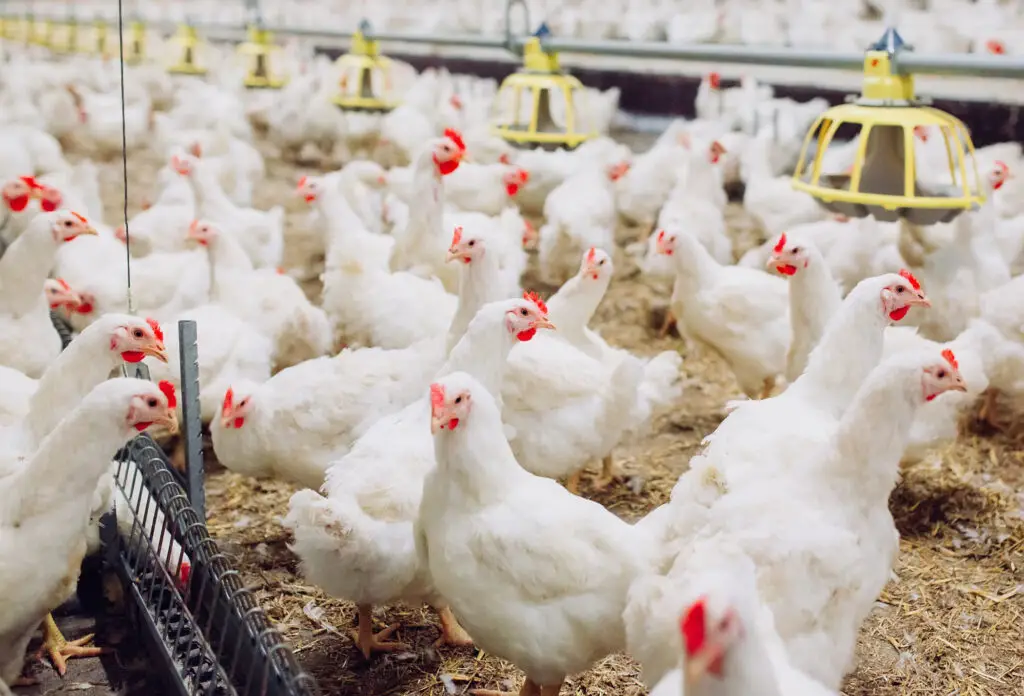
Bird flu, or avian influenza, has been wreaking havoc on the poultry industry for years, and the outbreak that began in 2022 is still causing chaos as we roll into 2025. This highly contagious virus spreads like wildfire among birds, especially in commercial farms where close quarters make it nearly impossible to contain. To date, over 58 million birds in the U.S. alone have been culled to prevent further spread, making this one of the deadliest outbreaks in history. Wild birds, which often carry the virus without symptoms, are making containment efforts even harder. The result? Fewer chickens, fewer eggs, and a breakfast budget that feels like a bad joke.
Why Are Eggs Suddenly a Luxury Item?
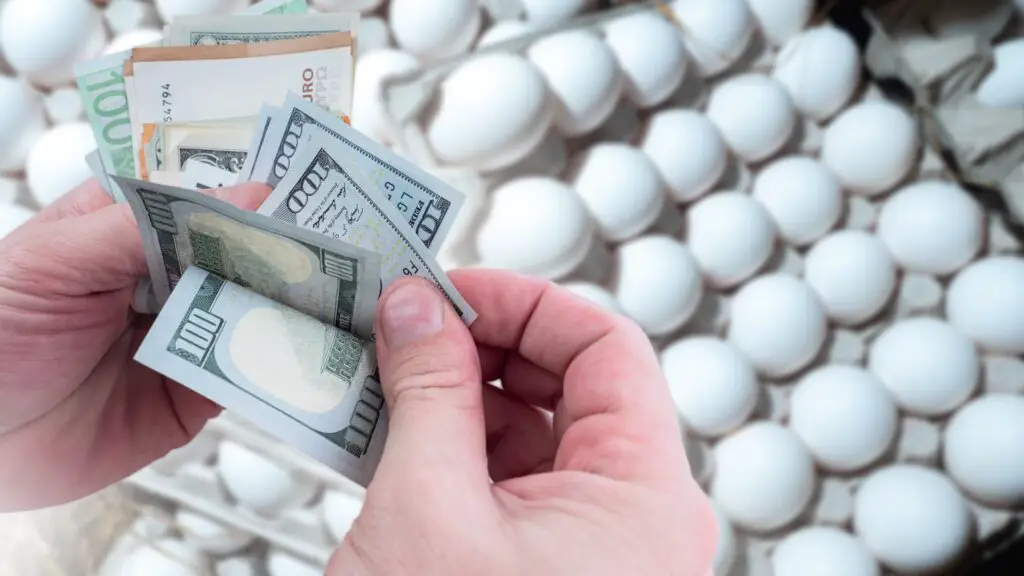
Egg prices are still sky-high in 2025, with the national average for a dozen hovering between $4 and $5. In some states, the prices soar even higher, hitting $7 or more—making eggs feel like a gourmet indulgence instead of a grocery staple. The bird flu outbreak, combined with inflation and increased costs for feed and transportation, has created a perfect storm for higher prices. Even as farmers try to replenish their flocks, demand continues to outpace supply, leaving consumers shell-shocked at checkout. Let’s be honest: when you start Googling “egg substitutes,” you know the world has gone off the rails.
Why Does Bird Flu Hit Chickens So Hard?
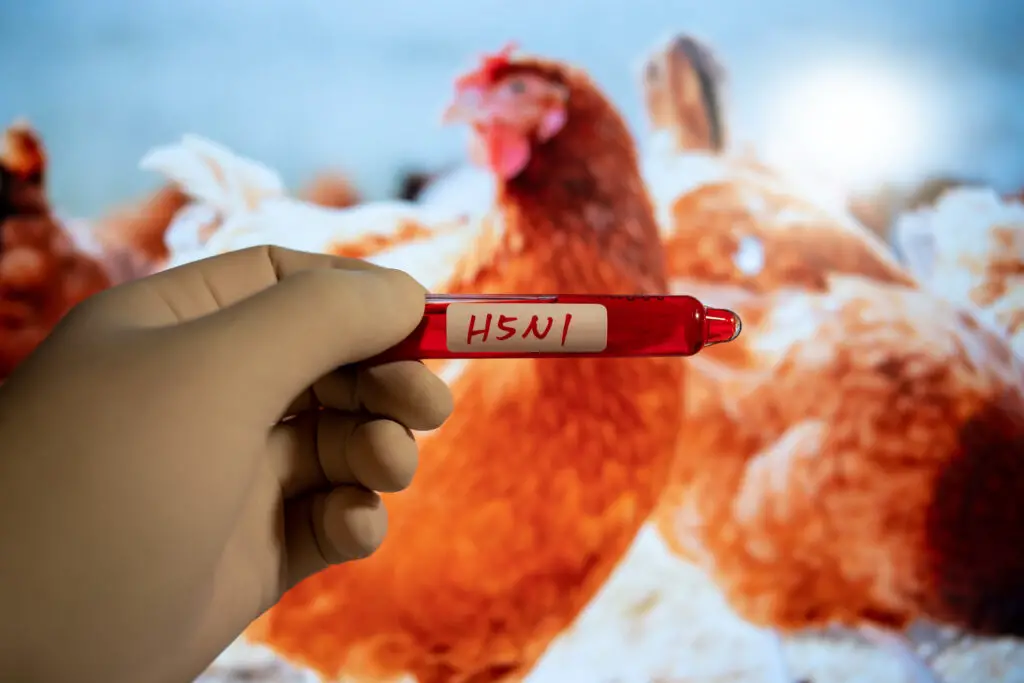
Chickens are especially vulnerable to bird flu because the virus spreads easily in densely packed environments like commercial farms. When one chicken gets sick, the entire flock is at risk, forcing farmers to euthanize birds to prevent outbreaks from spiraling out of control. Wild birds, such as geese and ducks, often act as carriers, spreading the virus without being affected themselves. This combination of factors makes it incredibly difficult to contain, even with biosecurity measures in place. Unfortunately, chickens don’t have the luxury of social distancing or mask-wearing, so they remain prime targets for this deadly virus.
How Are Farmers Coping (Or Not)?
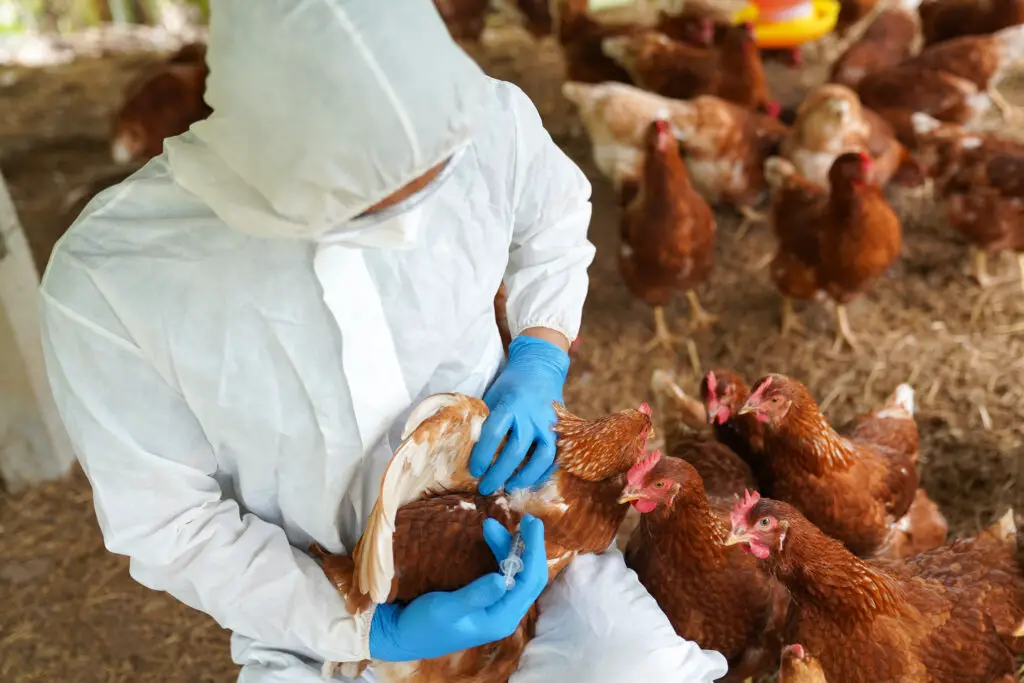
Farmers across the U.S. are still grappling with the fallout of the ongoing bird flu outbreak. Rebuilding flocks takes months, as hens don’t just appear overnight, and younger birds take time to mature before they can start laying eggs. Many farms have increased security measures, like disinfecting equipment and limiting access to facilities, but these steps aren’t foolproof against a virus carried by migrating wild birds. Smaller farms, in particular, are struggling to stay afloat as the cost of replacement hens and preventative measures skyrocket. For consumers, this means longer waits for prices to stabilize—and for farmers, it’s a slow and painful recovery.
Are Egg Substitutes the New Trend?

As egg prices remain inflated, alternative options like plant-based eggs are having a moment in 2025. Products like JUST Egg, made from mung beans, are flying off shelves as people look for cheaper, more sustainable ways to keep their breakfast game strong. Baking enthusiasts are also turning to pantry staples like applesauce, yogurt, and chia seeds as substitutes in recipes. For those who want the real deal but can’t stomach the cost, some are even considering raising backyard chickens—a commitment that sounds great until you remember they need daily care. Eggs may be irreplaceable for some, but alternatives are quickly becoming the norm for budget-conscious shoppers.
Could Bird Flu Get Worse?
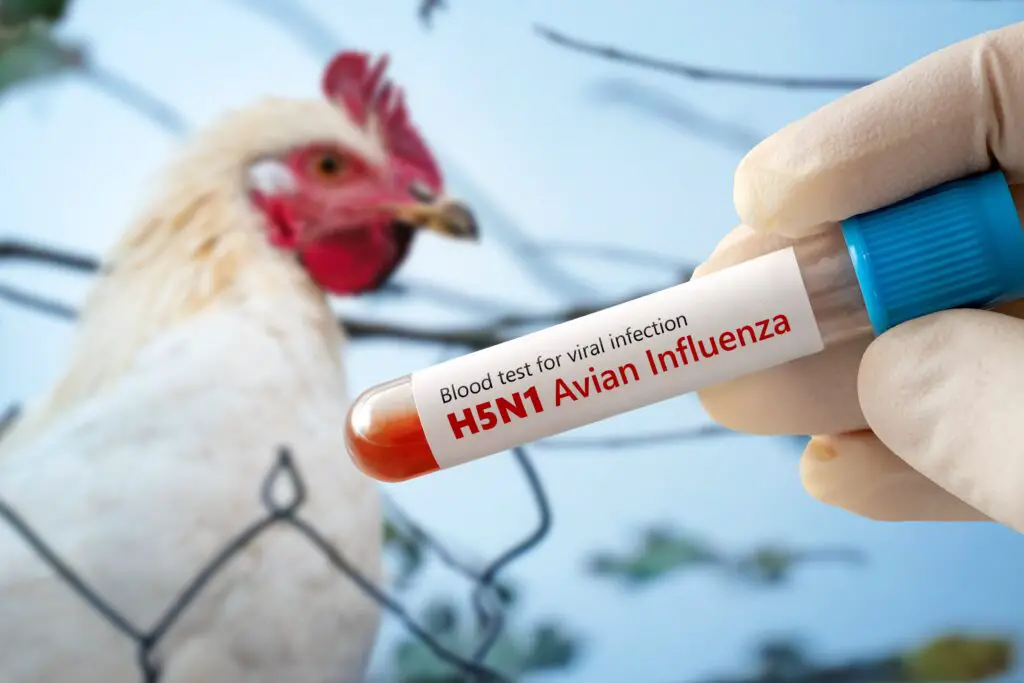
The current strain of bird flu has already caused unprecedented damage, and scientists are warning that it’s not over yet. With wild bird migrations continuing to spread the virus, outbreaks could persist well into 2025 and beyond. Efforts to develop better vaccines and stricter biosecurity measures are underway, but the virus evolves quickly, making it a moving target. While it hasn’t significantly jumped to humans, the potential for a mutation keeps health experts on high alert. For now, the focus is on containment and hoping that farmers—and breakfast lovers—catch a break soon.
How Can You Save on Eggs (Without Sacrificing Breakfast)?
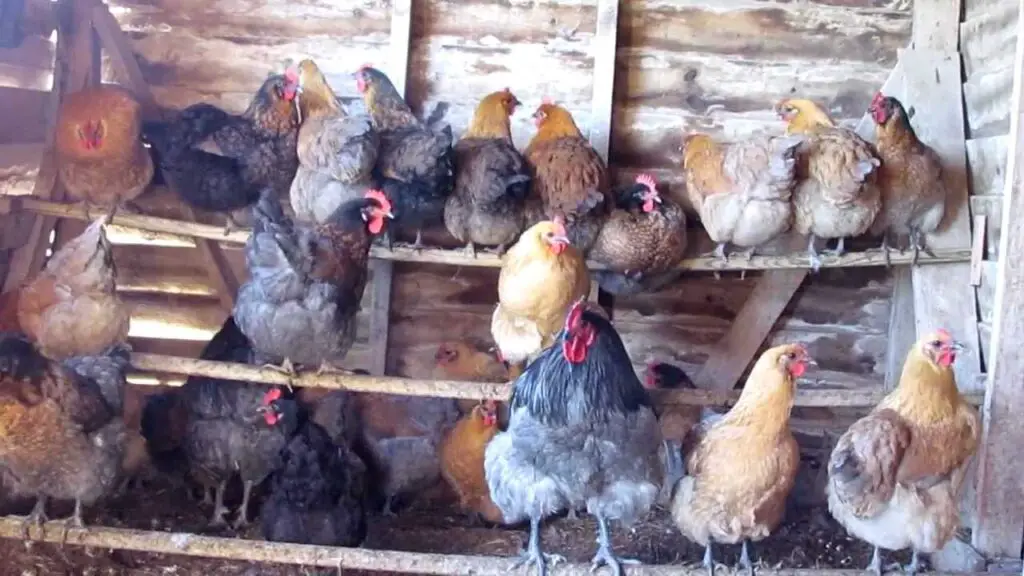
If egg prices still make you wince, there are ways to get creative without giving up your favorite meals. Shopping at local farms, buying in bulk, or taking advantage of sales can help stretch your dollar. For baking, substitutes like bananas or flaxseed meal can save you money without compromising flavor. Some families are even going all-in on backyard chicken coops, though that’s more of a long-term investment. With a little flexibility and creativity, you can keep eggs—or clever alternatives—on the table without emptying your wallet.
Why Are Cage-Free Eggs So Expensive Right Now?

Cage-free eggs were already a pricier option, but in 2025, they’ve become borderline extravagant. Because cage-free hens require more space and specialized care, outbreaks have a devastating effect on their farms. Recovery for cage-free facilities is slower, as rebuilding flocks under these conditions is more complex than for conventional operations. With increasing consumer demand for ethical eggs and tighter supply, the price gap between cage-free and standard eggs has widened even further. Buying cage-free might be better for the chickens, but it’s definitely not kinder to your budget.
Why Are Eggs Missing Altogether in Some Stores?
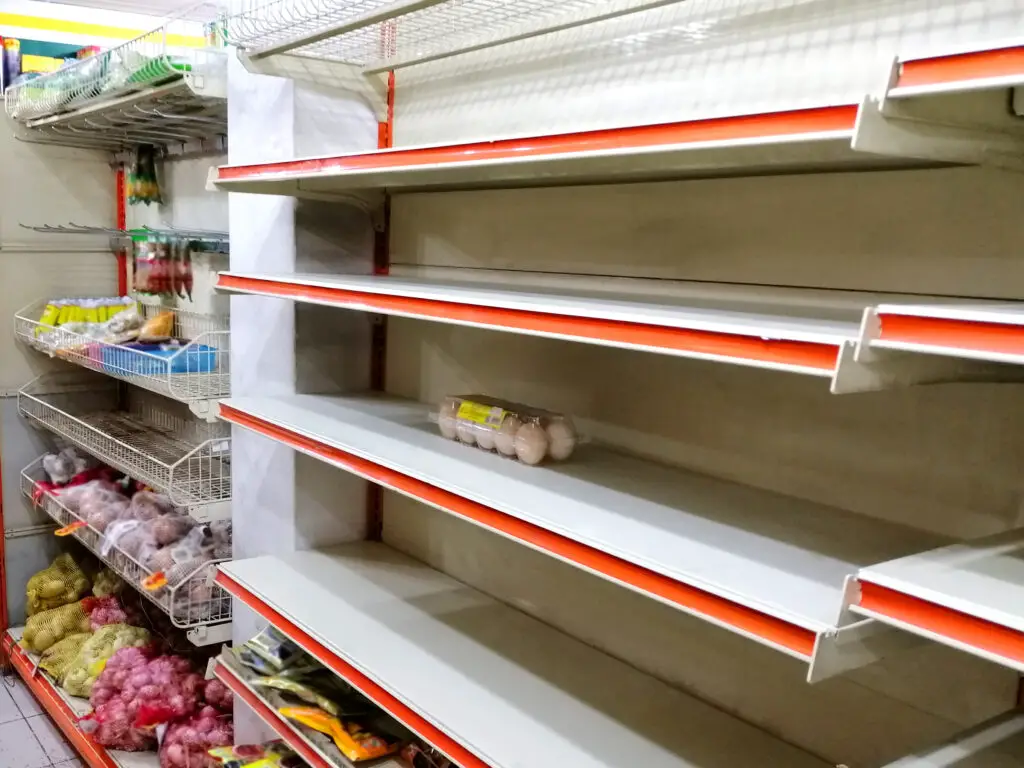
Even in 2025, some grocery stores are still struggling to keep eggs on their shelves due to lingering bird flu impacts. Egg production hasn’t bounced back quickly enough to meet demand, especially as seasonal baking periods like Easter put even more strain on supply chains. Regional disparities mean some areas face worse shortages than others, with rural locations often hit hardest. To cope, many stores have resorted to rationing or limiting egg purchases per customer. If your local supermarket still looks eggless, blame it on slow industry recovery and the ripple effects of one persistent virus.


